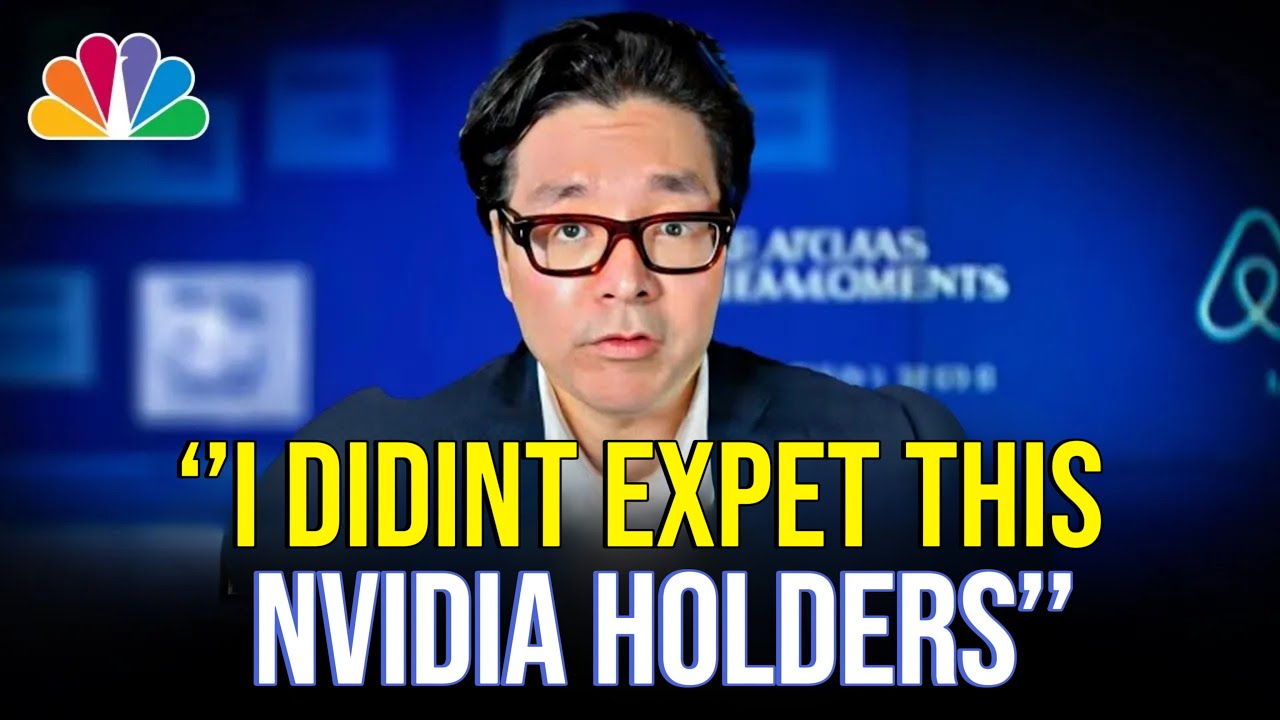The speaker highlights that the stock market is experiencing panic amid uncertainty from tariffs, economic policies, and geopolitical tensions, but expects clarity to eventually restore value to fallen stocks like Nvidia. He emphasizes that recent policy shifts, especially regarding chip export restrictions, could benefit tech companies if implemented clearly, but current policy uncertainty is causing industry hesitation and cautious investment.
The speaker discusses the current state of the stock market, noting that it is taking a breather after two years of significant gains, with a 20% increase. He explains that much good news has already been priced in, and recent declines are partly due to uncertainty surrounding new government policies, tariffs, and economic plans. The market has experienced a rapid 10% decline, which he describes as a “waterfall” decline, potentially signaling either the start of a crisis or just panic among investors. Given the current conditions, he suggests that the market is more likely experiencing panic, but expects clarity to emerge soon, which could lead investors to recognize the value in many stocks that have fallen sharply.
The discussion then shifts to concerns about tariffs and their impact on the economy. The speaker highlights that tariffs have caused business confidence and consumer sentiment to collapse, risking a slowdown or stall in economic activity. He notes that the market initially reacted positively to comments from Fed Chair Powell about potential pain ahead, but overall, the economic outlook remains uncertain. The possibility of tariffs pushing the economy into recession is a key concern, and the political environment adds to the unpredictability.
A significant part of the conversation focuses on recent developments regarding U.S. chip export restrictions and how they affect companies like Nvidia. The Biden administration had implemented strict rules limiting chip sales to certain countries, especially China, which impacted Nvidia’s revenue and led to a large write-down. However, recent signals suggest a shift in policy, with the administration planning to rescind some of these restrictions and focus on direct negotiations with countries. Nvidia welcomed this change, viewing it as an opportunity to lead in AI and industrial innovation, though the details of the new rules remain uncertain.
The speaker emphasizes that the new policy approach could be a positive development for tech companies, but much depends on how the rules are implemented. He explains that previous restrictions created arbitrary limits and uncertainty, which hindered planning and investment. The potential for flexible negotiations with individual countries could help companies avoid further revenue declines and allow them to continue shipping chips to legitimate data centers in various countries. However, he warns that government negotiations risk creating winners and losers among countries and companies, which could distort market efficiency.
Finally, the discussion underscores the broader issue of policy uncertainty in the semiconductor industry. Companies have invested heavily in R&D and CapEx based on existing rules, but sudden policy changes have rendered much of that investment wasteful. Management teams are currently frozen, waiting for clearer policies before making further investments. The overall message is that clarity and stability in government policies are crucial for the industry’s growth and for companies to plan effectively, and until then, the industry remains in a state of cautious hesitation.
